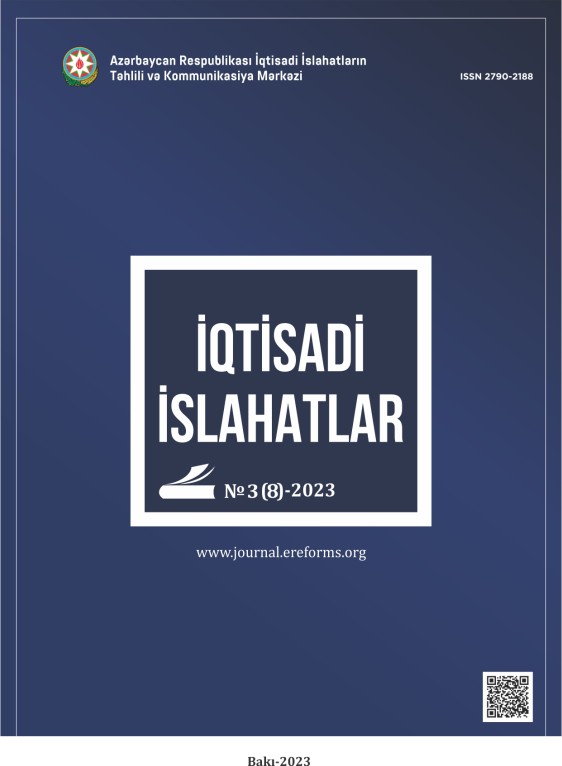The role of Trans-Caucasus Transit Corridor in the economic development of the South Caucasus region
Summary
The Trans-Caucasus Transit (TCT) Corridor has emerged as a linchpin for the economic transformation of the South Caucasus region. This article delves into the profound implications of the corridor on the region's economic expansion, trade dynamism, and heightened connectivity. It meticulously investigates the multifaceted impact, as well as the nuanced challenges and prospects that accompany this pivotal infrastructure project. The TCT Corridor has become the conduit for enhanced economic integration, fostering an environment conducive to increased foreign investments and bolstering regional collaboration. This transformative infrastructure has effectively linked the South Caucasus with broader global markets, triggering a surge in trade volumes and catalyzing economic growth. Nevertheless, the path forward is not devoid of hurdles; persistent political conflicts and institutional frailties remain impediments to realizing the corridor's full potential. Overcoming these obstacles necessitates pragmatic solutions and concerted efforts at both national and international levels. In summation, the Trans-Caucasus Transit Corridor holds the promise of catalyzing sustainable economic development across the South Caucasus region. To fully harness its potential, policymakers must address existing challenges with steadfast determination, cultivating an environment conducive to lasting prosperity through robust cooperation and strategic investments.
